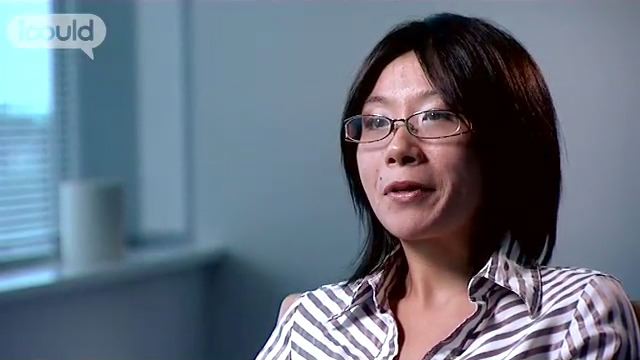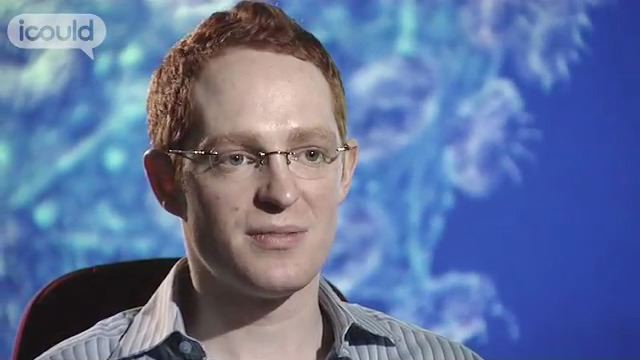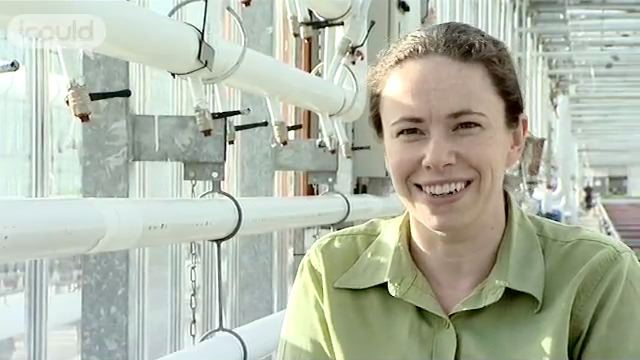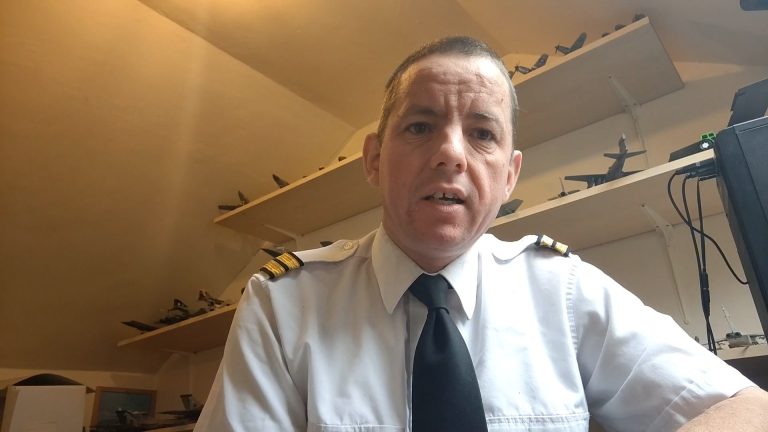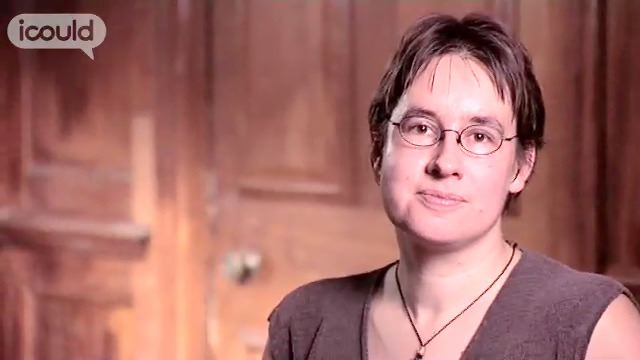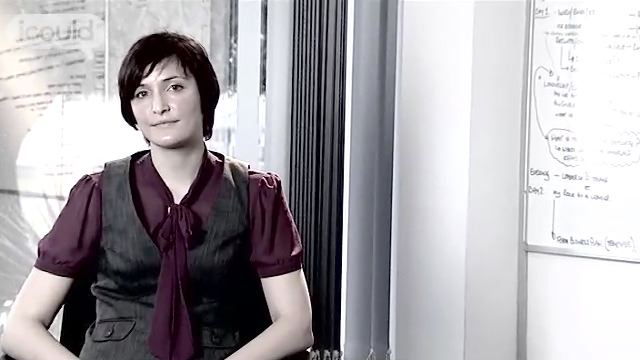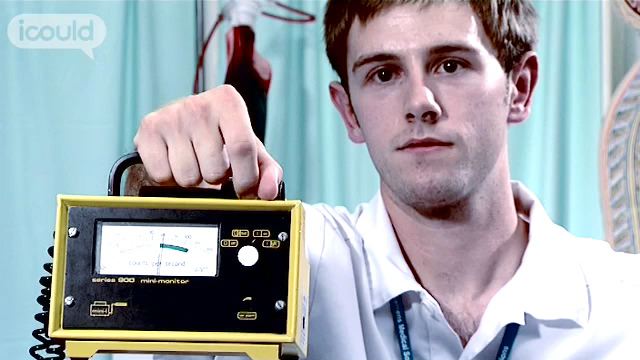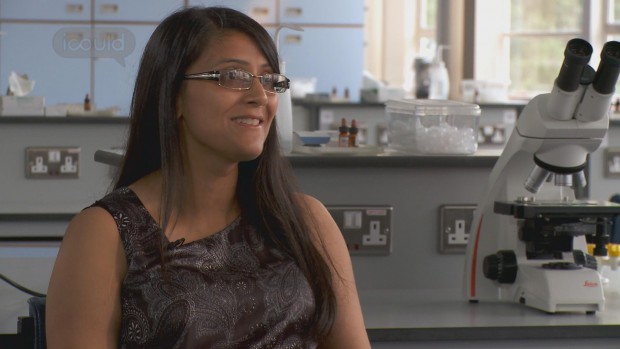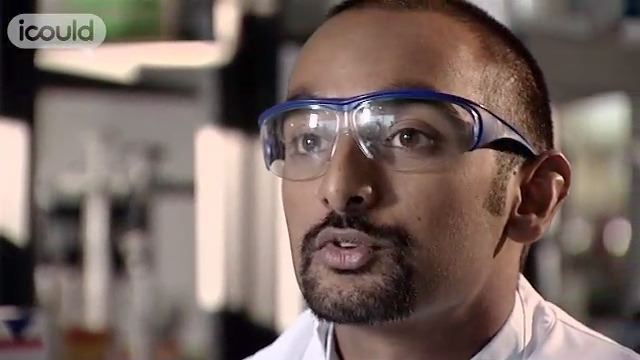Senior Scientist
Pfizer
Neil S
0.00.00 My name’s Neil S and I’m a Senior Scientist in vaccines research at Pfizer. My job is to drive vaccine projects forward by identifying the targets related to a particular disease and to develop methods in a laboratory for really exploring the science involved, to measure the immune response and to make sure that we’re going to generate a vaccine that’s going to,is likely to prove efficacious when it’s tested in humans.
0.00.30 I’ve wanted to be a scientist since I was about 6 or 7 years old. I’ve always been interested since that age in disease and how we get better and recover and I think it’s just from being sick as child, having the chickenpox, having the flu, feeling really unwell and wondering why this was and what is the cause and what’s going to make us better.
0.01.00 And it turns out that here I am doing vaccines research which is probably what I would have said I wanted to do when I was about 12. Being at university first for a four degree with a Sandwich you’re in industry and then for a four year doctorate degree back to back. So in total more than just over eight years at university since leaving sixth form. It seems like a very long time but the process that you go through as a post-graduate while you’re doing your PhD is completely different from as an under-graduate.
0.01.30 It’s much more similar to the working world if you like. You don’t have lectures anymore. You’re expected to be in the laboratory all day. Often you work very long hours in the laboratory to do your research towards your thesis and it’s something that I needed to do in order to get where I am. If I had left after my first degree I wouldn’t have the kind of opportunities to do really interesting science.
0.02.00 I would probably be someone that would do experiments, guided and instructed by the more senior scientist. But my curiosity has driven me to pursue to the next level of get my PhD and go on to continue science that way so that I can be a person who designs studies and guides the research myself. My sister and I were the first generation in our family to have the opportunity to go to university, so our parents weren’t able to give
0.02.30 us much guidance in terms of which university is a good university to go to and what to expect as a graduate. But they were very supportive of our decision to go to university and they always encouraged us to be inquisitive, for example they bought me a book about the human body, human biologys and that was able to answer some questions for me that they perhaps didn’t know the detail. So they were very encouraging, although perhaps not able to give really definitive
0.03.00 benefit of their experience having not gone through the university process themselves. Outside work I’m keen, as a keen runner. I run ten kilometre races and half marathons fairly often. And about every 18 months or so I try to get a lot of sponsorship for a particular charity and mostly those have been cancer charities. I’m interested in foreign languages.
0.03.30 I’ve taught myself Swedish since starting my PhD, so I also read literature now in Swedish as well as in English, which opens up new literature to me that wouldn’t otherwise be available. I very much like travel and I try to go somewhere a little bit off the beaten path but interesting every year. So I’ve been to Russia for example and passed into Iceland, so perhaps not the beach resort type holidays but somewhere a bit more able to offer things like history and culture.
0.04.01
Neil S is a Senior Scientist at Pfizer. He had wanted to be a scientist since he was about six years old – “I think it’s just from being sick as a child, having the chickenpox, having the flu, feeling really unwell and wondering why this was and what is the cause and what’s going to make us better.”
More information about Chemical scientists
The UK average salary is £29,813
There are 37.5 hours in the average working week
The UK workforce is 47% female and 53% male
Future employment
- Develops experimental procedures, instruments and recording and testing systems
- Operates specialised scientific equipment and conducts experiments to identify chemical composition, energy and chemical changes in natural substances and processed materials
- Analyses results and experimental data
- Tests techniques and processes for reliability under a variety of conditions
- Develops procedures for quality control of manufactured products

